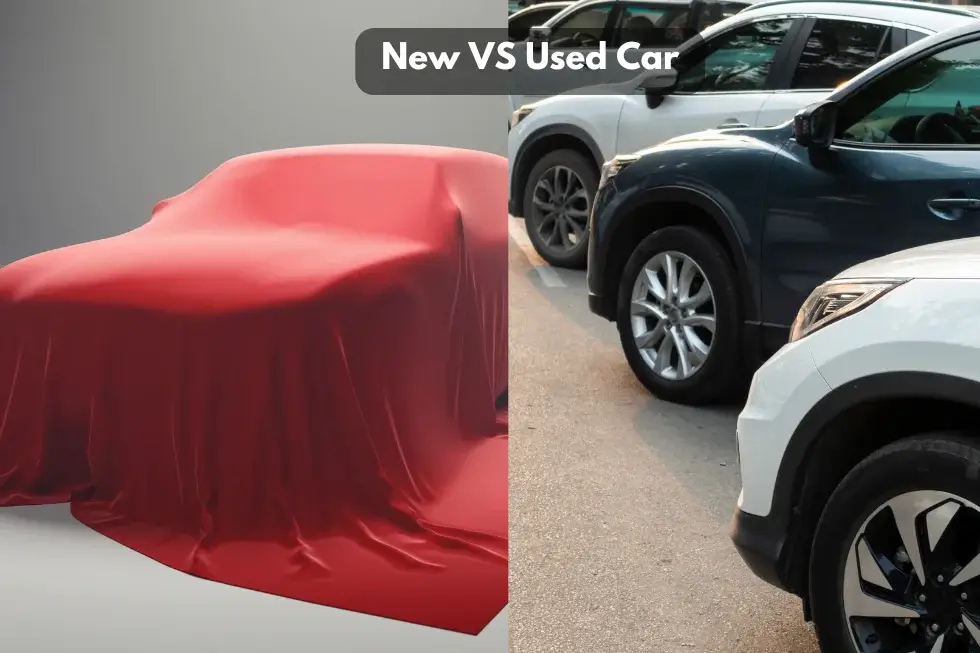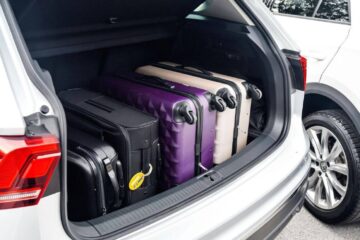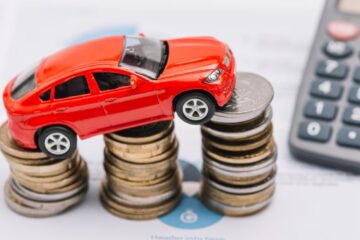There is no joke, buying a new or used car can be difficult. Buyers can learn from car dealers who always provide insights on trends in the market currently. In this article, we briefly explore the pros and cons of both options and then see what car dealers recommend.
The Appeal of New Cars
1. This one has the latest technology and features.
- Advanced Safety Features: Most new cars now have the latest safety technology such as adaptive cruise control, lane keeping assist and automatic emergency braking. These feature provide additional safety as the driver as well as his passengers will feel safe and secure while in the vehicle.
- Modern Infotainment Systems: A lot of new models also come with enhanced connectivity options, such as Apple CarPlay and Android Auto. These systems provide easy integration with smartphones for hands free calling, navigation and entertainment.
2. Warranty and Maintenance
- Comprehensive Warranties: Most new cars come with manufacturer warranties that last for many years and cover the big repair bills. The owner is protected by warranties so they don’t have to pay financially to any unwanted issues and repairs.
- Maintenance Plans: While long term ownership costs can be reduced by many dealers offering maintenance packages that include routine services.
3. Customization Options
- Personalization: Buyers can choose specific colors, trims and features compared to their counterparts when buying cars from a manufacturer. It also guarantees that the vehicle is custom fitted to exactly what the buyer needs and wants.
- Latest Models: The newest models and designs according to the latest automotive trend. For those who want the latest innovations, and styling this can be particularly appealing.
The Benefits of Buying Used Cars
1. Cost Savings
- Lower Purchase Price: While prices on used cars have continued to go up since 2020, they’re still cheaper than brand new cars and there are more options available for a wider audience of buyers.
- Depreciation: The owner is affected on resale because new cars tend to depreciate quickly, losing a big chunk in value in the first few years of ownership. This initial depreciation has already been done and used cars will find their value stabilizing much more quickly.
2. Lower Insurance Costs
- Reduced Premiums: Because used cars generally cost less to insure than new cars, you’ll save even more. This can really add to the overall costs of owning the vehicle.
3. Certified Pre-Owned Programs
- Quality Assurance: Many car dealers offer cars that have been inspected and come with extended warranties, they are certified pre owned (CPO) cars. All these programs give you some kind of reassurance about the vehicle’s condition in terms of reliability.
- Peace of Mind: CPO programs are a happy medium that provide the affordability of used cars and the reliability of new cars. With the security of a used car you get a thorough inspection and warranty on used cars.
The Market Trend That Affects Dealer Recommendations
1. Economic Factors
- Interest Rates: Variable interest rates mean it is even more difficult to afford financing a new car. It could mean cars, new or used, are more attractive at lower rates, or a shift to used at higher rates. You have to consider the economic climate.
- Inflation: Rising cost of new vehicles may mean used cars are a better bet. The price of new cars keeps going up while those of used cars become relatively cheaper.
2. Supply Chain Issues
- Inventory Shortages: Recent supply chain disruptions that cause shortages of new cars have actually caused increasing demand for used vehicles. As a result, used cars are an option that many buyers can now afford.
- Production Delays: As for buyers that NEED a car, there is no such delay since used cars are pretty much an immediate solution. If you need a car fast, a used vehicle can be the best thing for you as a buyer.
3. Environmental Considerations
- Fuel Efficiency: Newer models are preferred by environmentally conscious buyers as they are more fuel efficient and produce less emissions. This can result in long term savings on fuel expenditure and a small green footprint.
- Electric Vehicles (EVs): The growing market for EVs affects the used car market, but more buyers now eye used EVs as a low cost entry point. As used EV options expand, more used EVs are becoming more attractive to the eco conscious consumer.
Dealer Insights: Making the Right Choice
1. Assess Your Needs
- Budget: Also figure out your total budget, not just the car payment, but the insurance, maintenance and fuel. When you’re buying anything, your first thought should be to analyse and know your financial condition before making a purchase.
- Usage: Think about how you’ll use the vehicle. If we need to use a new car with the latest safety features for our daily commutes, then it definitely makes sense. For occasional use used car may do. Think about what you need and how you’re going to use it when choosing.
2. Research and Compare
- Market Research: Check out current market trends of new and used cars prices. Websites like CarZing, Kelley Blue Book, AutoTrader and Edmunds can be a wealth of information. You can compare prices and features to make an informed choice.
- Dealer Recommendations: Talk to car dealers who can give you personalized advice from their experience with terms which fit your own preferences and market conditions. Dealers know a bit and can advise you.
3. Consider Financing Options
- Loan Terms: See the current loan terms and interest rates for new and used cars. However, new car loans will feature low interest rates, but will that offset the higher purchase price?
- Leasing: If you like driving fresh cars a couple of years after the other, then leasing could be the right way for you. Leasing can mean lower monthly payments, but with restrictions on mileage and other limitations.
Conclusion
A new or used car is that when you are deciding on, you will factor in the price, features and the current market conditions. Car dealers suggest that you think of your budget, your usage needs, and the current market condition for you to make a decision. Whether you choose a new or used vehicle, with a bit of research knowledge and the right dealer insights, you can make the best choice for your situation.
With knowledge of the pros and cons of each choice, you can confidently go through the car buying process, and secure the car you need and want. The choice will be the right one for you, that’s why you need to consider your specific situation and priorities first.
At the end of the day, new and used cars have their pros and cons. Thinking about your own needs and what the market is like these days will help you to make a decision that works for you in terms of lifestyle and budget. Happy car shopping!




